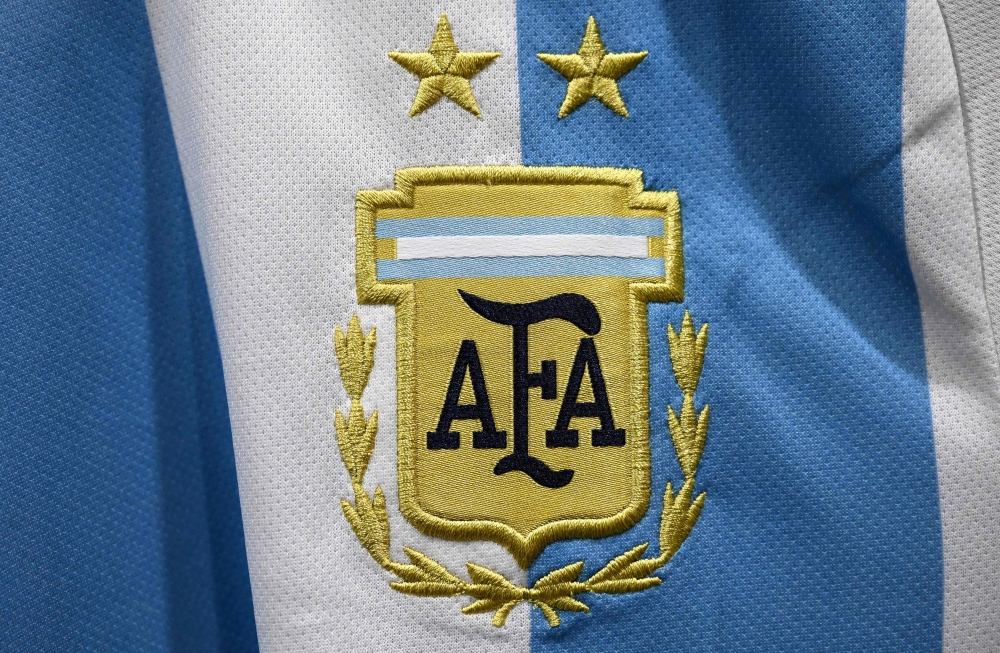Argentina’s vice president caused a diplomatic incident with France after calling the European country “colonialist” and its people “hypocrites” in response to alleged racist chants by Argentine footballers. President Javier Milei’s office apologized to France, explaining that Victoria Villarruel’s comments were made in her personal capacity. FIFA has launched an investigation into the chants sung by Argentina players, including Enzo Fernandez, after winning the Copa America. The chants, which targeted France’s Kylian Mbappe and included racist insults, were captured on a live video posted on social media.
Fernandez has since apologized for his actions, but Chelsea has initiated disciplinary procedures against him. The French Football Federation (FFF) has filed a complaint with FIFA regarding the incident. Villarruel voiced her support for Fernandez, stating that no colonialist country will intimidate Argentina over a stadium chant or speaking truths that they do not want to acknowledge. The incident occurred shortly before President Milei was scheduled to travel to Paris for the opening of the Olympic Games.
Despite the diplomatic tensions, the Argentine government assured that relations with France remain intact. However, Argentina’s under secretary for sports, Julio Garro, was dismissed from his position after suggesting that captain Lionel Messi and the Argentine Football Association should offer apologies for the offensive chants. The controversy surrounding the racist chants has raised concerns about the behavior of Argentine footballers and the need for accountability within the sport.
The incident highlights the importance of addressing racism and discrimination in football, as well as the impact of such actions on diplomatic relations between countries. The involvement of high-profile players like Enzo Fernandez and international organizations like FIFA and the FFF underscores the significance of holding individuals accountable for their behavior, both on and off the field. It also serves as a reminder of the power that social media has in capturing and disseminating controversial incidents, prompting swift responses from authorities and organizations.
Moving forward, it is crucial for football governing bodies, clubs, and players to prioritize diversity, inclusion, and respect in the sport. Education and awareness initiatives can help combat racism and discrimination in football, fostering a safer and more inclusive environment for all individuals involved. By addressing problematic behavior and implementing consequences for offensive actions, the football community can work towards creating a more equitable and respectful atmosphere both on and off the pitch. It is essential for all stakeholders to actively promote tolerance and acceptance in football, striving to eradicate discriminatory practices and ensure that the sport remains a positive and unifying force on a global scale.











